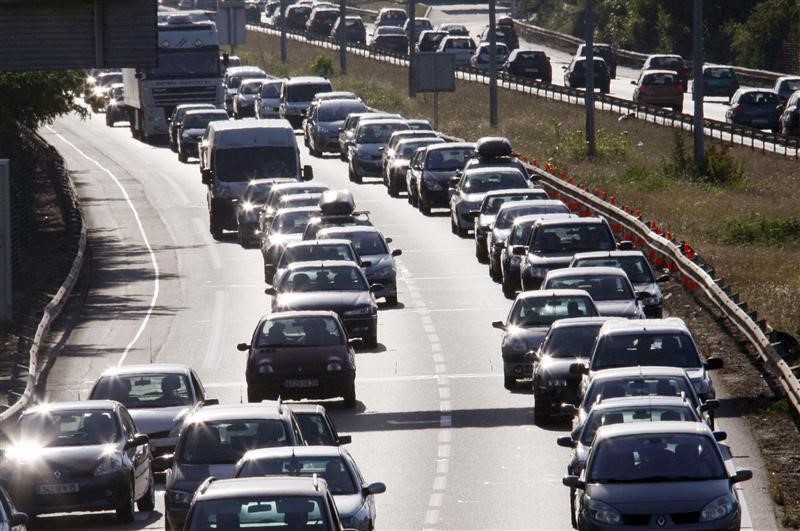By Allison Lampert and Julia Fioretti
MONTREAL/BRUSSELS, Aug 25 (Reuters) - A new global deal on curbing aviation emissions will likely give states the right to opt out of its initial voluntary phases, according to sources familiar with the matter, in a concession to developing countries like aviation powerhouses China and India.
Allowing countries to join but then later opt out risks further diluting a plan that had already been criticized for not being completely mandatory by some environmentalists and European legislators, who had pushed for a more ambitious agreement.
The draft resolution, which two of the sources said has broad support, will be adopted by the United Nations' civil aviation agency's governing council on Friday and then put before all 191 member states next month.
While countries that volunteer for the deal's first phase from 2021 to 2026 can not arbitrarily "come and go as they please," the draft language could give them leeway to join and then cease participating, one of the sources said. All three sources spoke on condition of anonymity because the negotiations are confidential.
One source, who is part of the council, said he supports countries being able to opt out because "it will help get the plan going" after years of talks.
The United Nations' International Civil Aviation Organization (ICAO) meets Sept. 27 to Oct. 7 to finalize the deal, which would aim to cap the carbon pollution of all international flights at 2020 levels.
Aviation was excluded from last December's climate accord in Paris when countries agreed to limit the rise in global temperatures to "well below" 2 degrees Celsius (3.6 degrees Fahrenheit) above pre-industrial levels.
Airlines support a global agreement because a patchwork of national and regional deals, such as Europe imposing its own emissions trading scheme on foreign carriers, would be more expensive. draft deal would require airlines in participating countries to limit their emissions or offset them by buying carbon credits from designated environmental projects around the world.
According to a paper submitted to ICAO by the United States, the proposed deal would be voluntary between 2021 and 2026 and then mandatory from 2027 for the world's largest emitters.
While the new draft addresses the difficult issue of dividing responsibility between developed and developing states, it does not yet specify how many countries will join.
"As far as we can tell, the current proposals fall well short of ensuring carbon neutral growth from 2020," said Dan Rutherford, marine and aviation program director for the non-profit International Council on Clean Transportation.
All three sources said the European Commission would likely accept a deal that is voluntary at first, a proposal reported by Reuters this month. the voluntary part of the deal has generated opposition from some members of the European Parliament, which has a say in whether to impose participation in Europe's emissions trading system (ETS) on international carriers in 2017.
"A voluntary approach is not what ICAO was assigned to deliver by 2016 so I cannot see how the EU will take this as a serious replacement of the EUs ETS," said Bas Eickhout of the Greens party.
The European Commission declined to comment Thursday on the talks.
The United States and Canada, along with Mexico, Indonesia and Singapore, are volunteering for the first phases. It is not known whether fast-growing China, which wants developed countries to take the lead in reducing aviation emissions, will join.
China's absence in the first phases "would definitely be a big hole in the coverage," Rutherford said.
A representative for China in Montreal declined to comment.
